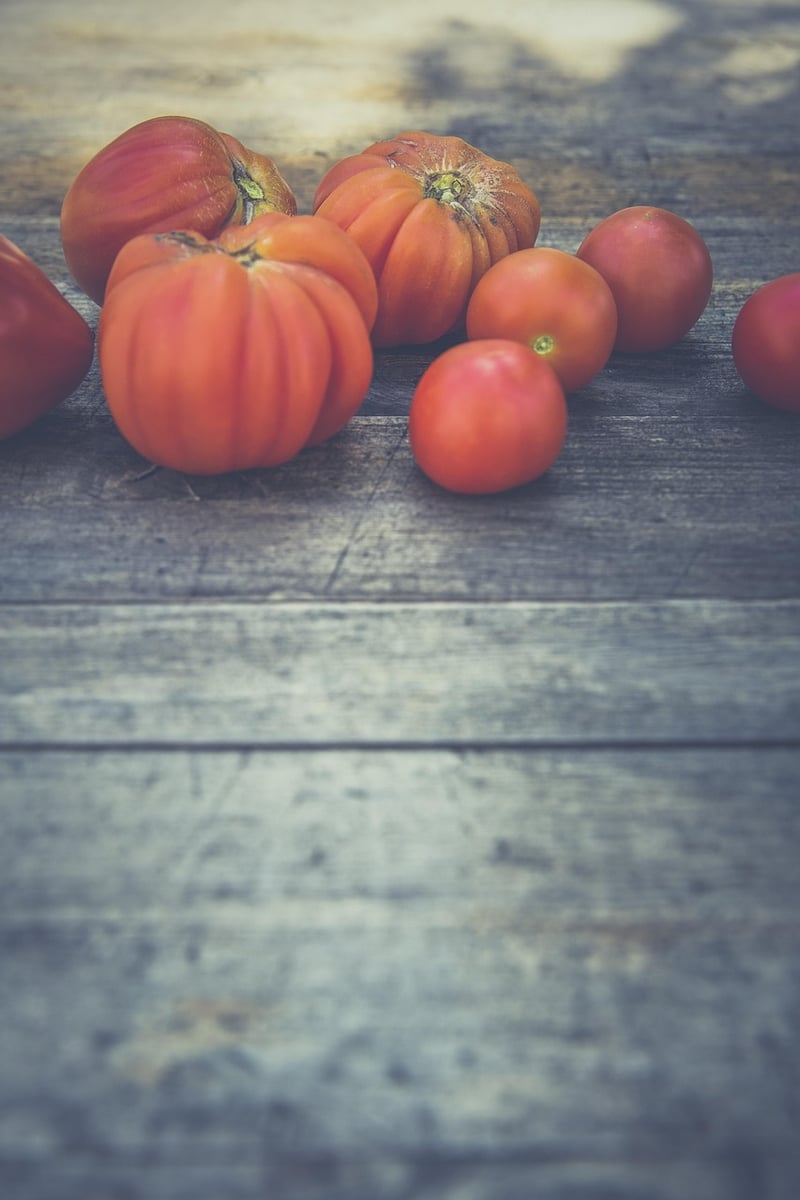Propagation Methods
Expert Advice for Successful Gardening + Propagation Methods
Tips for Successful Gardening
Gardening is a fulfilling and rewarding activity that allows you to connect with nature and beautify your surroundings. To ensure a successful garden, consider the following expert tips:
- Choose the right plants for your garden based on your location, sunlight exposure, and soil type.
- Provide adequate water and ensure proper drainage to prevent overwatering or waterlogged roots.
- Weed regularly to eliminate competition for nutrients and sunlight.
- Fertilize your plants appropriately to promote healthy growth and blooming.
- Monitor for pests and diseases, and take prompt action to prevent infestations.
- Prune plants as needed to maintain shape, encourage new growth, and remove dead or diseased branches.
- Stay consistent with your gardening routine and observe your plants regularly to address any issues promptly.
Propagation Methods
Propagation is the process of creating new plants from existing ones, allowing you to expand your garden without purchasing additional plants. Here are some common propagation methods:
1. Seed Propagation
Seeds are a cost-effective way to propagate plants. Start seeds indoors or directly sow them in the ground according to the specific requirements of each plant species.
2. Division
Division involves splitting a plant into multiple sections, each with its own roots, to create new plants. This method works well for perennials like hostas and ornamental grasses.
3. Cuttings
Take cuttings from stems or leaves of a parent plant and root them in water or soil to grow new plants. This method is commonly used for herbs, succulents, and houseplants.
4. Layering
Layering involves bending a branch of a plant to the ground and covering it with soil to promote root growth. Once roots develop, you can separate the new plant from the parent.
5. Grafting
Grafting combines the tissues of two plants to grow them as one. This method is often used to create new fruit tree varieties or repair damaged plants.
By utilizing these propagation methods, you can expand your garden and share plants with friends and family.
Happy Gardening!

